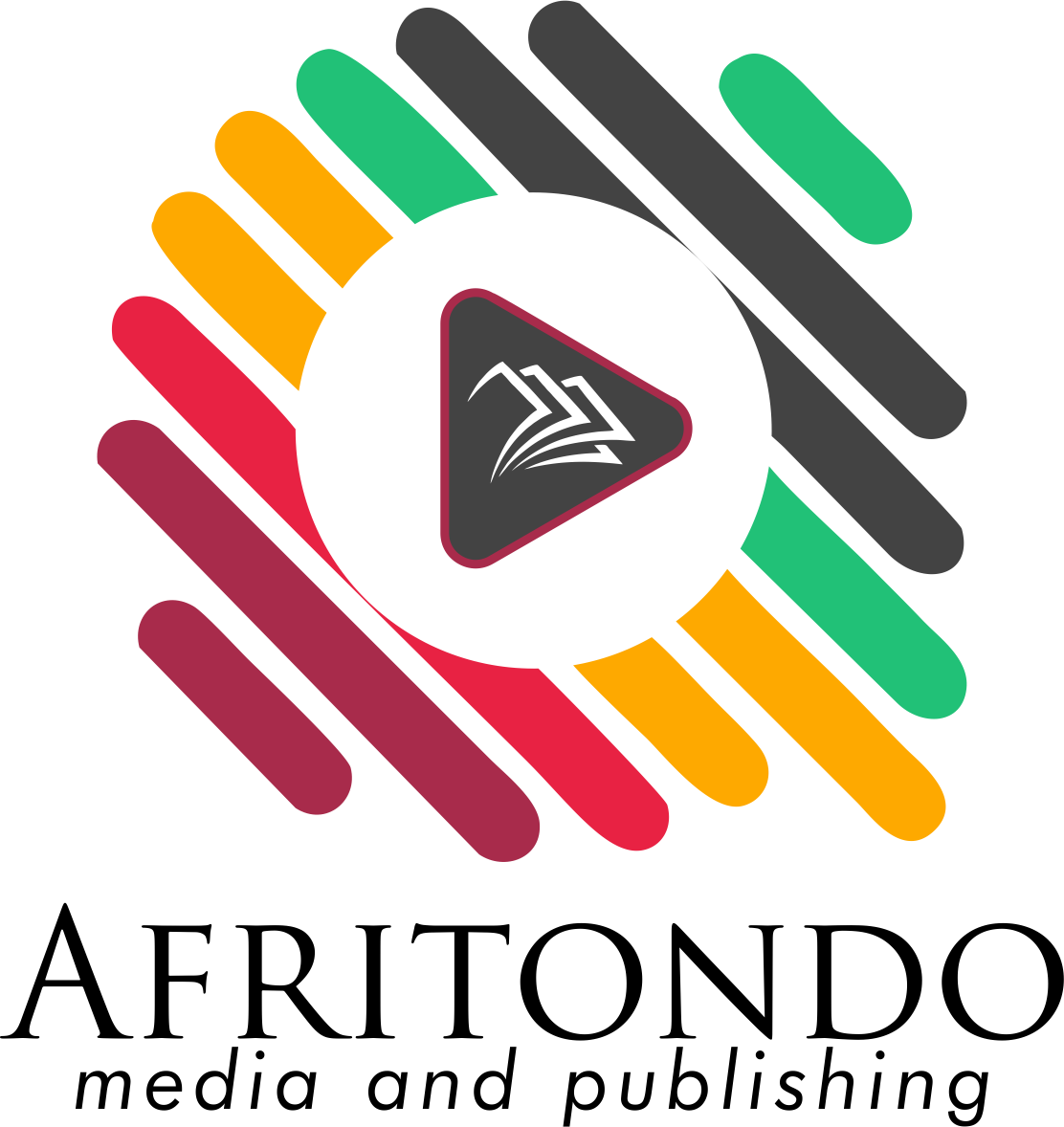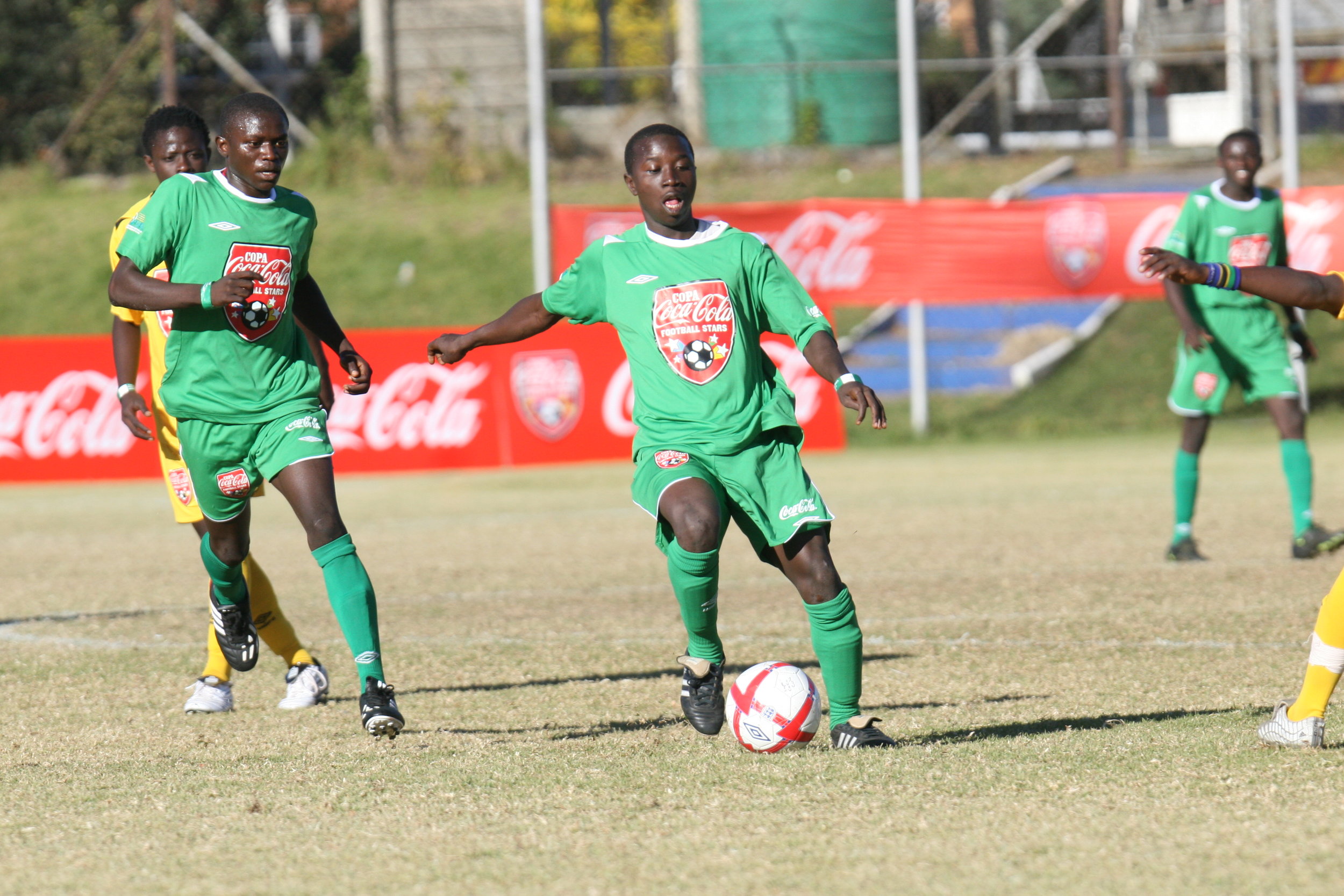Why do football fans in Nigeria prefer European clubs to national clubs?
John Onwe
I have long been interested in why young Nigerians, perhaps Africans generally, support and identify with top European football teams much more than they do to teams in their national football league. This is completely opposite to what we see in Europe where fans will generally support the football clubs of their hometown. A Bournemouth local will nine out of ten times be a supporter of AFC Bournemouth—AFC Bournemouth was in a way my adopted team when I lived and studied in England. There is however this strong group and individual affiliation to top European teams among football fans in Nigeria, many having no real connections to these teams.
When I speak to such distant fans, including some of myfriends, they talk about the organisation of the league, the welfare andquality of players etc as some of the attractiveness of European football. Theinteresting thing is that the South African Premier Soccer League, forinstance, is arguably also well organised but does not have any remote fellowshipof that kind despite being aired regularly on satellite television in Nigeria.
Undoubtedly, the English Premiership is far more intriguing and entertaining than the South Africa Premier League. The question is how this entertainment value leads to strong affiliation and identification with teams. I have met individuals who without flinching will choose to watch FC Barcelona or Chelsea FC over the Nigerian national team if the time of their matches coincides.
It is not an easy question to answer but it seems to me that most Nigerian football fans see these football clubs as a way of identifying with the foreign (or the ideal) and invariably as an extension of themselves. It is not uncommon to see young boys who call themselves Fabregas or Messi or Ronaldo. In Enugu, in 2015, when Barcelona won the Champions league, Nigerian fans of the club in that city had a thanksgiving service in a church. In 2016, a Nigerian fan killed his friend following an argument over Messi and Ronaldo superiority. These are behaviours consistent with an “extension of self”. Of course, I must mention here that one is likely to find this kind of fan behaviour among so-called diehard fans because they feel this pure representation or extension of their self-image stronger than, for instance, fair-weather fans.
Improvingfan identification with national league
Undoubtedly the country loses alot of revenue in the lack of fan interest in teams in the national league. Interestin European leagues can go side by side with interest in the national league. Thelack of interest in the Nigerian league is due to several reasons. One of these,in my opinion, is the lack of professionalisation in the sports industry inNigeria.
I shall give a simpleillustration. If you go to the Ministry of Justice, it would be headed by alawyer and staffed mainly by people in the legal profession. Similarly, the MedicalDirector in any hospital will be a qualified medical doctor. However, when itcomes to the sports industry, anyone can be appointed as the Minister of Sportseven if such persons’ professional background does not qualify him or her to bein such a position. For instance, the current Sport’s Minister Solomon Dalungis a lawyer and not particularly known for any prior involvement in sport. Thisis obviously putting a square peg in a round hole.
The first thing, therefore, is toput the round peg in a round hole. This would mean appointing people that have relevantprofessional experience in sports management in positions of influence. This,in my opinion, is a good place to start.
It goes without saying that to attract a strong fan base, the national league needs to become as interesting as the international ones that most fans already identify with. This can only be achieved with proper organisation of the league, improving the quality players in clubs, and improving the quality of stadiums. But the place to start is round pegs, round holes.
John Onwe is a lecturer at the Alex-Ekwueme Federal University Ebonyi, Nigeria where he teaches and researches sport management
Photo: Coca-Cola South Africa

